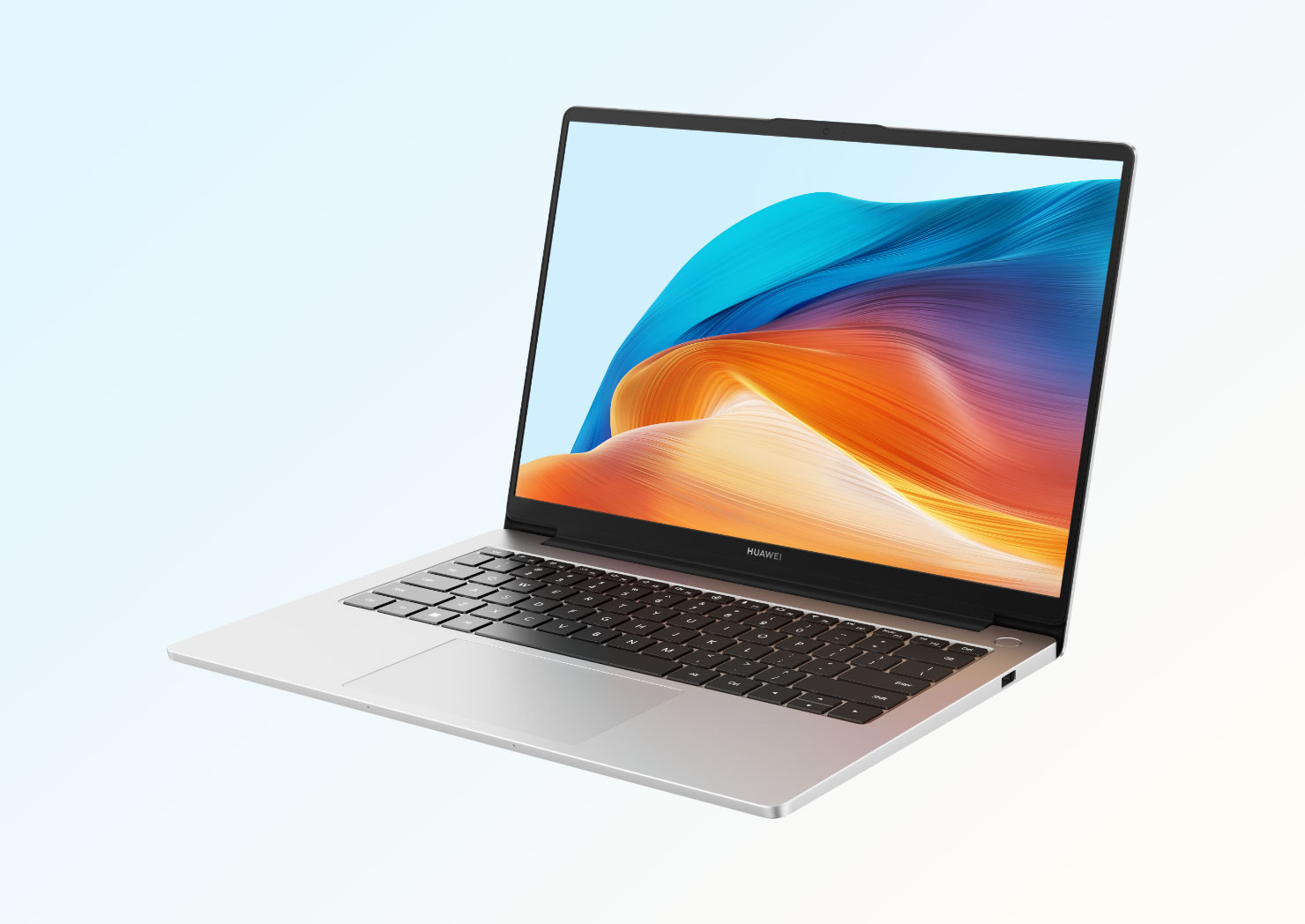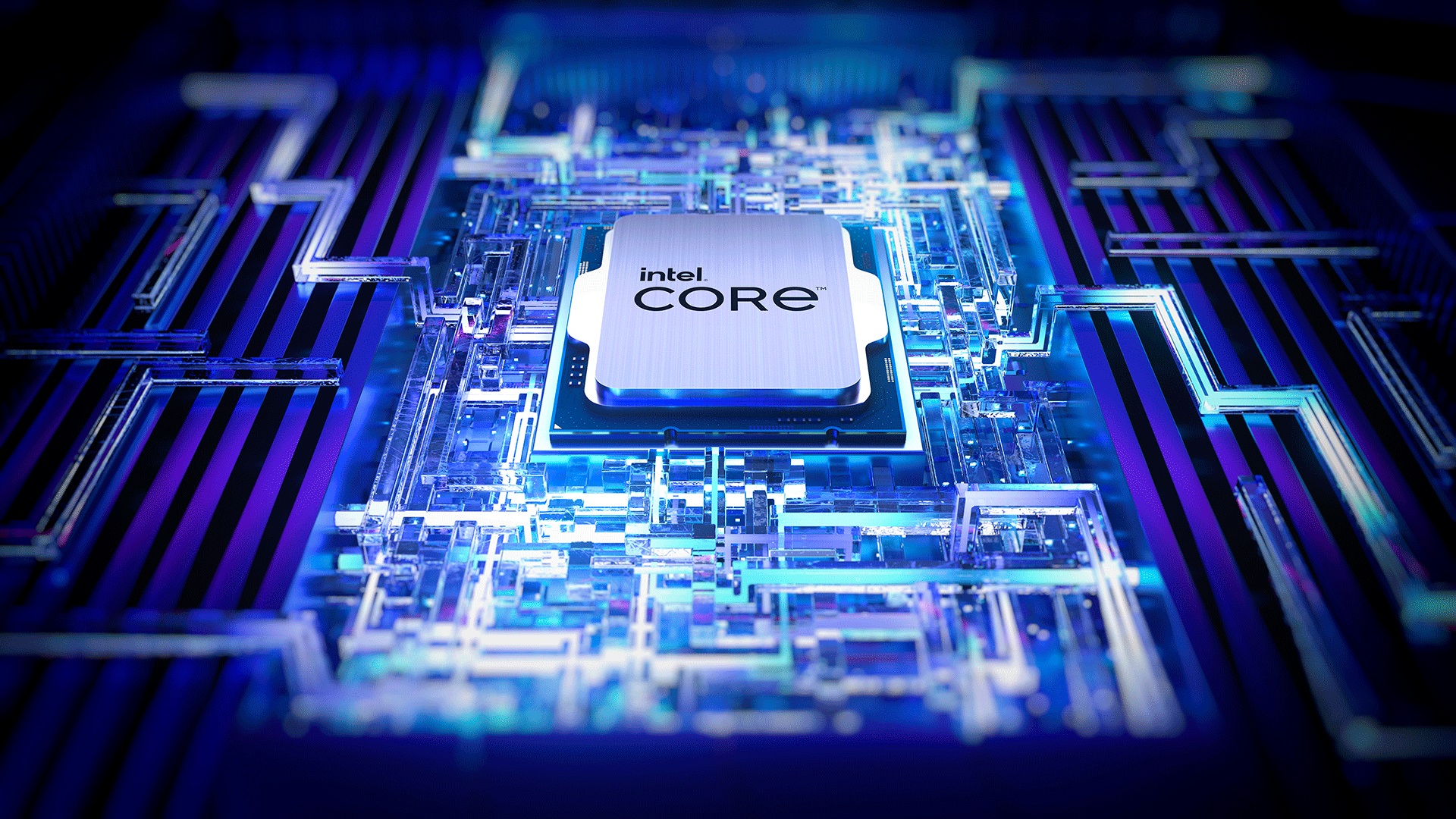Intel still sells advanced chips to Huawei

Intel still has a license issued by the Trump administration that allows it to sell high-end laptop CPUs to Huawei, despite pressure on the Biden administration to revoke the permit, sources said.
AMD, Intel's competitor, applied for a license to sell similar chips in 2021 after Biden took office, but never received a response to their application, a source said. Intel's ability to retain a license to sell chips while a competitor could not obtain similar permission shows the uneven and uncertain marketing that companies face as the United States tries to limit Beijing's access to sophisticated American technology, especially to a sanctioned company like Huawei.
Republican Sen. Marco Rubio called on the Biden administration to revoke Intel's license to sell to Huawei "immediately," according to the Reuters report. Huawei, a symbol of the long-running technology war between Washington and Beijing, was added to the trade sanctions list by the Trump administration in 2019 due to alleged sanctions violations.

It is unclear why Intel was awarded their license and AMD was not. Intel's shares in sales of Huawei laptops with its chips rose from 52.9% to 90.7%, according to a presentation by AMD.
"The majority of CPUs used in Huawei's laptops are still from Intel, so further restrictions will make Huawei's laptop offerings quite challenging," said Emma Xu, an analyst at technology market research firm Canalys.
In China, Huawei's market share has grown from 2.2 percent in 2018 to 9.7 percent by 2023, replacing Dell as China's third-largest laptop maker, according to Canalys.
Intel is not the only chipmaker to benefit from the uneven licensing policy. Qualcomm also secured a license to sell chips to power Huawei's smartphones near the end of the Trump administration, while Taiwanese rival Mediatek's application for permission to sell similar chips was rejected, sending its Huawei sales into freefall, a other source.
However, Qualcomm said in a recent filing that the company does not expect to receive "significant product revenue from Huawei going forward" when Huawei announced the launch of new 5G phones using its own chips.
Intel's license is expected to expire later this year and is not expected to be renewed, sources said. However, Huawei continues to rely heavily on Intel chips for its laptops, as shown on its website.
Latest processor - cpu
-
31 Octprocessor - cpu
-
16 Sepprocessor - cpu
AMD Ryzen AI 7 PRO 360 spotted
-
04 Sepprocessor - cpu
Intel scores big AI chip customer
-
04 Sepprocessor - cpu
Exclusively-Intel manufacturing store drawers
-
29 Augprocessor - cpu
Big performance boost for Ryzen CPUs
-
28 Augprocessor - cpu
Intel shares could fall in battle with TSMC and NV
-
28 Augprocessor - cpu
AMD is claimed to have been hacked
-
27 Augprocessor - cpu
Intel presents Lunar Lake, Xeon 6, Guadi 3 chips
Most read processor - cpu
Latest processor - cpu
-
31 Octprocessor - cpu
AMD will launch the Ryzen 7 9800X3D on November 7
-
16 Sepprocessor - cpu
AMD Ryzen AI 7 PRO 360 spotted
-
04 Sepprocessor - cpu
Intel scores big AI chip customer
-
04 Sepprocessor - cpu
Exclusively-Intel manufacturing store drawers
-
29 Augprocessor - cpu
Big performance boost for Ryzen CPUs
-
28 Augprocessor - cpu
Intel shares could fall in battle with TSMC and NV
-
28 Augprocessor - cpu
AMD is claimed to have been hacked
-
27 Augprocessor - cpu
Intel presents Lunar Lake, Xeon 6, Guadi 3 chips






